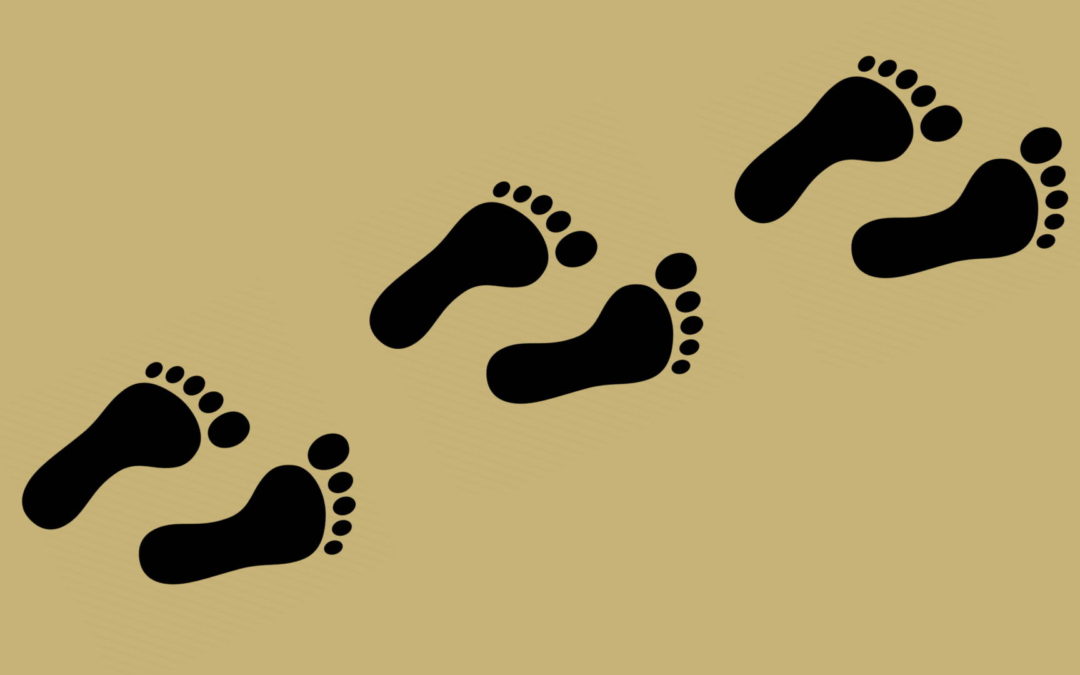Yes, another post of someone offering you help with procrastination. Does the world need more of this stuff?
Well, you may be surprised by a thing or two here in this post. First, this is not just curation. I did not only collect stuff from other people and summarised them here.
I actually suffered most of my life with procrastination and its consequences. I was always late. Always last minute. Always just enough. I was nearly always working my ass off in absolute panic just before the deadline.
I cannot say that after I began to use the steps below, everything changed. But after a lot of research and trial-and-error, this is my humble contribution to the subject. Does it work? It works for me. I have been helping lots of people through my business, and it usually works for them too. Give it a try if you want, and I will be glad if you let me know your results.
You know that you and I are not alone in this arena. To leave things for tomorrow is one of the main struggles in the lives of most people.
Why does it happen, and why can´t we find a way to solve it for once?
Well, just in case you are not bothered to understand why we procrastinate and why what I will suggest here works, these are the three things you can do to avoid procrastination and improve your execution:
1 – First of all, bring the long term goals closer to you. Get that list of goals for this year, and transform them into tasks for this week. And then for today. And then for now. You will understand why this is important if you keep reading.
2 – Second, create structures to protect the execution of your plan today. Set the time slots for the tasks, disconnect all distractions, clean your working desk, put your mobile on flight mode and close WhatsApp, e-mail and other apps. Your brain is heavily configured to respond to the environment, so if you don´t make it friendly to execution, it will be tough to do what you have to do.
3 – Third, invent ways to attach expectations and short term rewards for these weekly or daily tasks. Promise yourself that desired beer if you make all the calls you need this week. Remind yourself of the kind of person you are becoming when you act responsibly and do what you have to do today. Be proud of yourself.
These are simple tricks, but remember that your unconscious thinking is heavily emotion-driven. If you don´t create expectations of good feelings for doing the stuff, you will have to fight against the natural opposing emotions, what you will probably find hard — more on this to follow.
To understand why procrastination happens and why these steps can help, let´s remember that for most of our existence as human species, we lived in the jungle, and all our planning was mostly short term.
They were usually to respond to our immediate bodies needs.
For example, if my body needed calories, it would generate a feeling of hunger. That feeling would produce a goal in my mind: find food. I would then look for fruits, roots or perhaps hunt something.
Or, hormones being squeezed into my blood system would generate another kind of feeling: sexual drive. That would produce in my mind the goal of finding a sexual partner. I would then act towards it.
The wolf coming after me would produce instant fear and rapidly translated into a desperate runaway plan, followed by immediate action.
For many thousand years, nearly nothing required long term planning. Our span for planing was seconds, minutes, or in some cases, a couple of hours.
Then agriculture came, and everything changed. Our plans now had to have the span of moon phases, months and seasons.
Agriculture´s seasonality also created economic and financial seasons. We learned, for example, to save part of the harvest profits, to finance the next crops some months later.
A cascade of consequences followed the expansion of agriculture, and probably for the first time, to plan considering a span of months became mainstream.
However, it all began just a few thousand years ago, and in the time scale of evolution, this is still very new. We are still infants when it comes to regulating behaviour considering long term consequences.
Our unconscious thinking still operates mostly with the same mental models of the jungle.
Short term survival goals like eating, avoiding being eaten, increase our status in the tribe and having sex, still have emotional priority over calling the customer, producing the report or planing the next meeting. Or even on saving the money, eating healthy or going to the gym.
We live in a world that prizes long term planning, with a mind configured to work in a short-term-consequences environment. And this is the first root of the problem.
The second root of our procrastination is very simple, and it is again related to our two hundred thousand year mind configuration. In all these years, we lived in an environment of lack. To die for lack of calories was extremely common.
To increase our chances of survival, our bodies developed mechanisms to avoid the waste of calories. One of these mechanisms is to attach a negative feeling to any action not directly related to our survival.
To run on a treadmill, from an evolutionary perspective, is a suicide act. You are wasting precious calories and may die as a result. In the same way, to fill in a tedious expenses report is not seen by your ancient mindset as something to increase your survival chances, so it´s a waste. A negative feeling is immediately attached to this idea. And instead of doing the report, you decide to prepare something to eat – survival. Or you go to spend time on Instagram checking your status against your tribe´s. Again, survival.
In summary, we procrastinate because our minds are still configured for survival in the jungle. Until we find a better way to hack into this configuration, you should bring your goals closer to you in time. You should create structures and work the environment to facilitate execution and avoid distractions. And you should attach expectations of emotional reward to the task.
There is something else I do to help me overcome procrastination – Morning Rituals. But I will leave this one for the next post.
[convertkit form=1173371]


Recent Comments